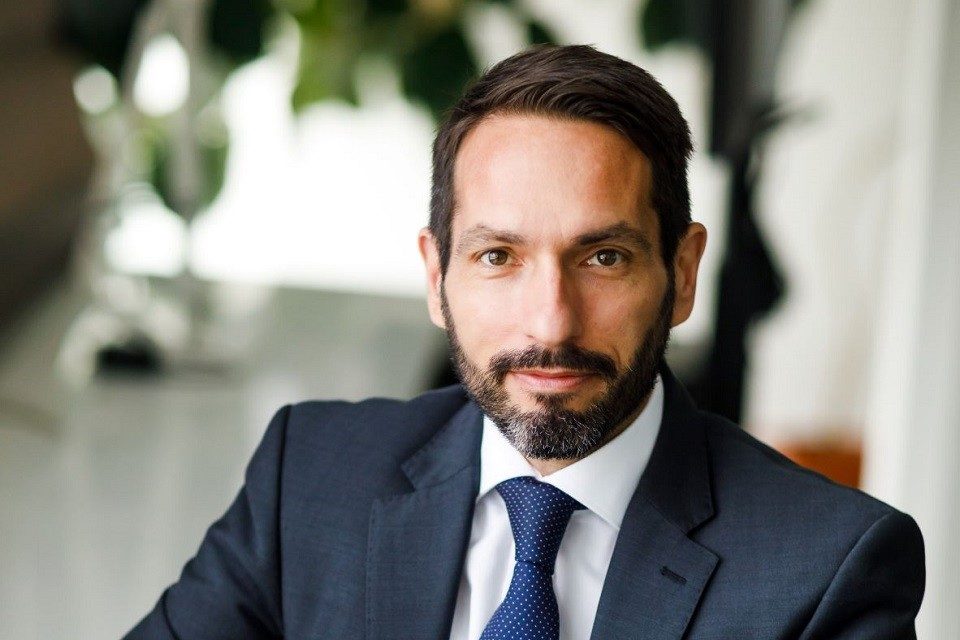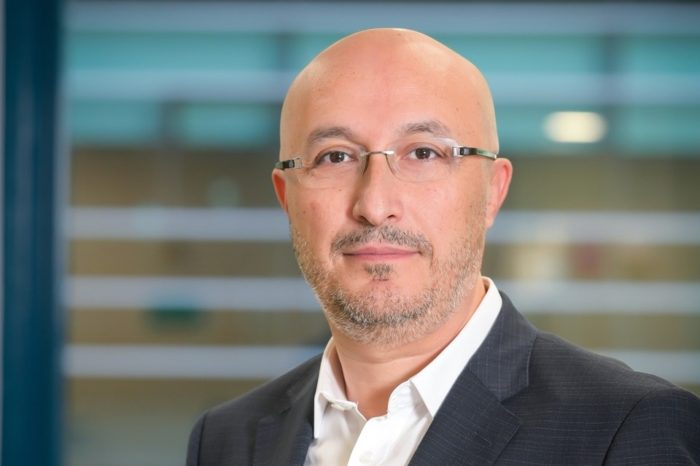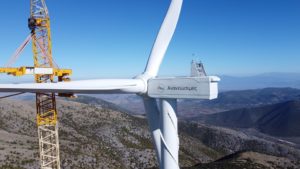EY: CEOs brace for perfect storm as they rewrite investment plans

CEOs are actively looking for ways to get ahead of the triple threat of the aftermath of the COVID-19 pandemic, increasing geopolitical tensions and inflation, according to the EY CEO Outlook Pulse.
The survey, which recorded the views of 760 CEOs across the globe on their prospects, challenges and opportunities, found that more than four in 10 (43 percent) CEOs identify a continuation or return of COVID-19 related disruption, including new lockdowns and supply chain pressures, as the greatest risk to their business.This risk is perceived to be higher in Asia-Pacific (48 percent) than in the Americas (43 percent) or Europe (41 percent). Adding to the perfect storm that CEOs are bracing for, 35 percent of respondents point to geopolitical tensions and 43 percent to inflation as critical risks to growth, with the majority (69 percent) predicting inflation will negatively impact their company’s performance and growth. A sizable minority (16 percent) identified inflation as the single-biggest threat to their company’s revenue and margins.
As a result of increased geopolitical tensions, 95 percent of respondents are reshaping their investment plans and operations. According to the EY survey, geopolitical risks mean CEOs are delaying planned investments until the situation improves (43 percent). Many respondents are reconfiguring their company’s supply chains (40 percent) and relocating operational assets (39 percent); while a third are exiting businesses in certain markets (30 percent) or stopping planned investments altogether (29 percent).
Peter Latos, EY Romania Strategy and Transactions Leader: “Without doubt, geopolitical tensions, the war in Ukraine and resulting inflation pressures mean we are facing an uncertain outlook. However, now is not the time to batten down the hatches to weather the storm but instead to identify opportunities to reshape operations and realise value. The majority of CEOs (72 percent) intend to radically transform operations in the next two years to compete effectively in their industry, with ESG high on their agenda. CEO’s will need to reassess business portfolios to navigate the economic turbulence; this will lead to transaction activity over the next 12 months, including divestments of non-core assets but also acquisitions of new capabilities in order to transform their organisations.”
Building sustainability as a core aspect of all products and services to engage customers (39 percent) and using technology to boost customer loyalty (34 percent) are the top two actions responding CEOs are planning to pursue to weather a challenging six months ahead.
At the same time, a significant majority (64 percent) intend to increase capital investment versus just 14 percent who plan to reduce. More than half (52 percent) plan to make an acquisition in the next year, while almost half (40 percent) of respondents plan to be active on all fronts, looking to acquire, divest and enter new joint ventures or strategic alliances. When it comes to their next transaction, 21 percent of respondents said that this will be driven by the need to invest in an early-stage business to enhance their existing portfolio and access new talent and 15 percent said that they will look to acquire a business in an adjacent sector to open new growth avenues.














